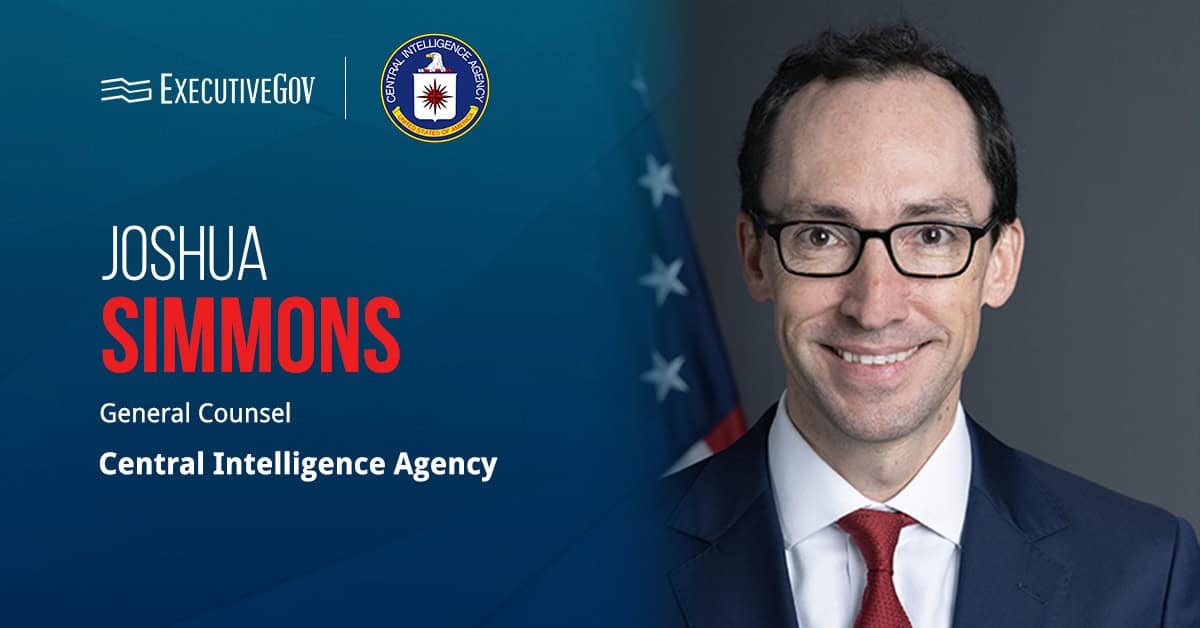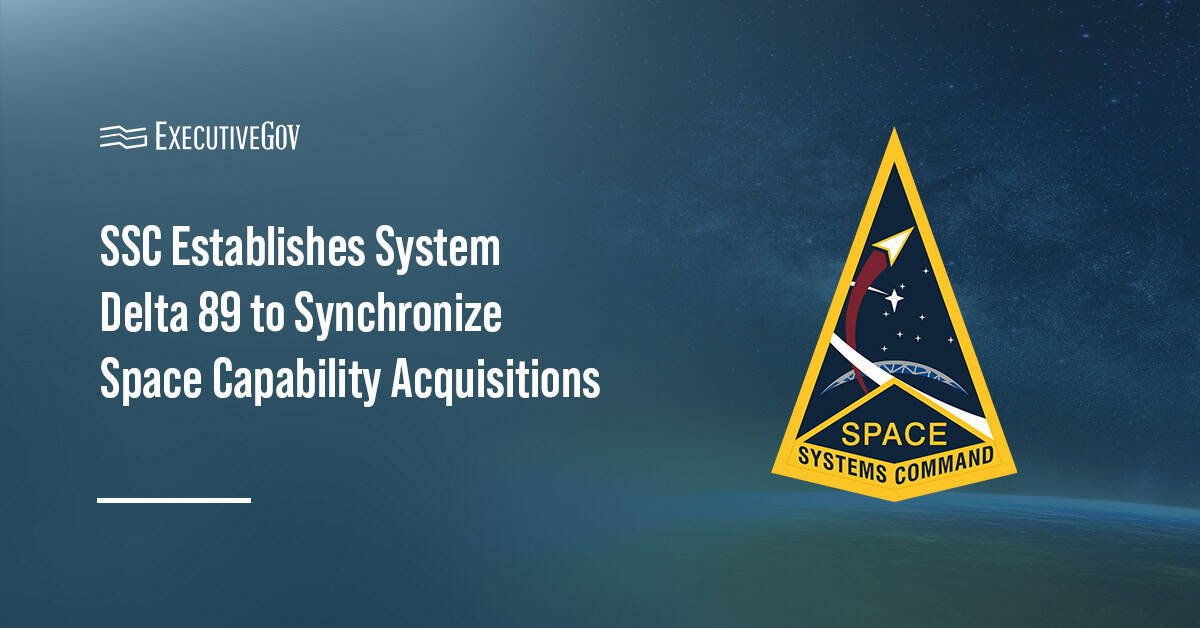The U.S. Navy has selected University of South Carolina for a three-year, $10.02 million research project that will focus on exploring digital twin technologies to support naval power and energy system experiments.
UofSC will aim to produce testbeds for the military branch to demonstrate component and system-level digital twins and perform tactical energy management work that involves simulation and hardware-in-the-loop tools, the Department of Defense said Tuesday.
The Office of Naval Research (ONR) procured the research services through a long-range broad agency announcement and obligated nearly $10 million at the time of award.
DOD said the service aims to implement a new digital twin system as part of efforts to ensure the delivery of power and energy to naval mission systems under time constraints. Contract work will take place in Columbia, South Carolina through December 2024.





